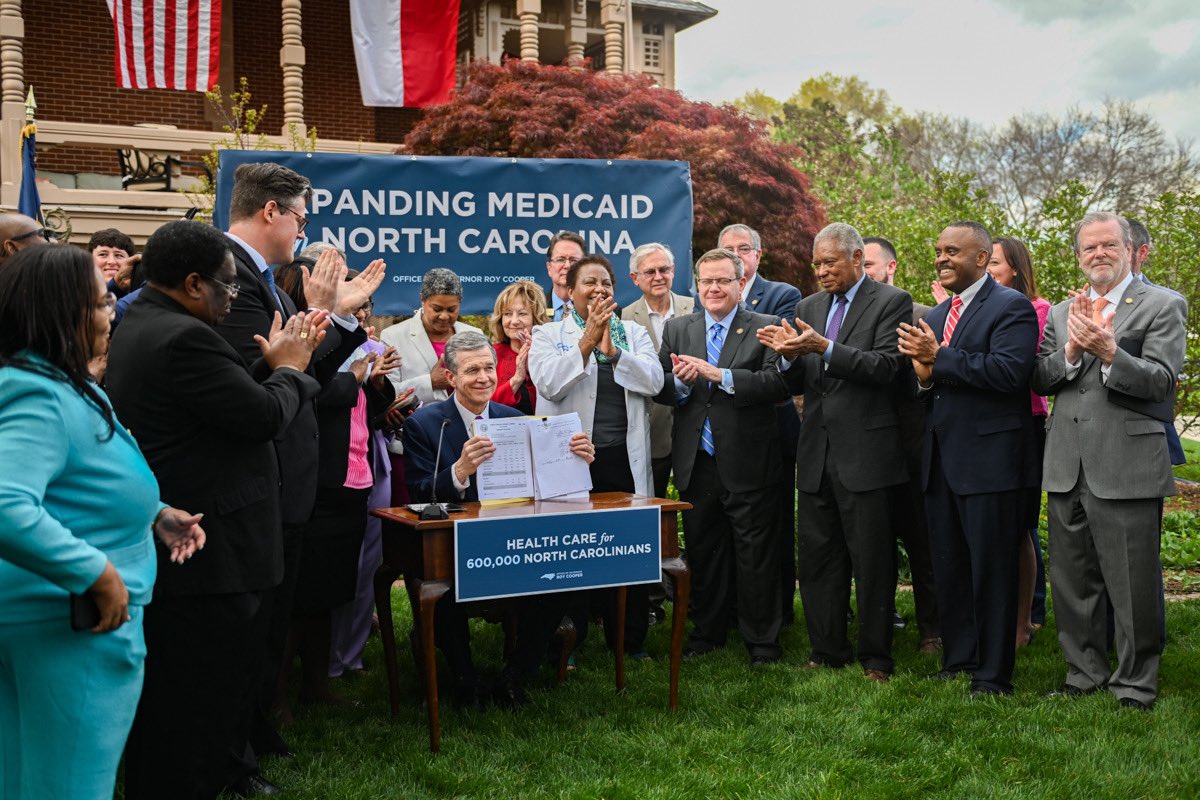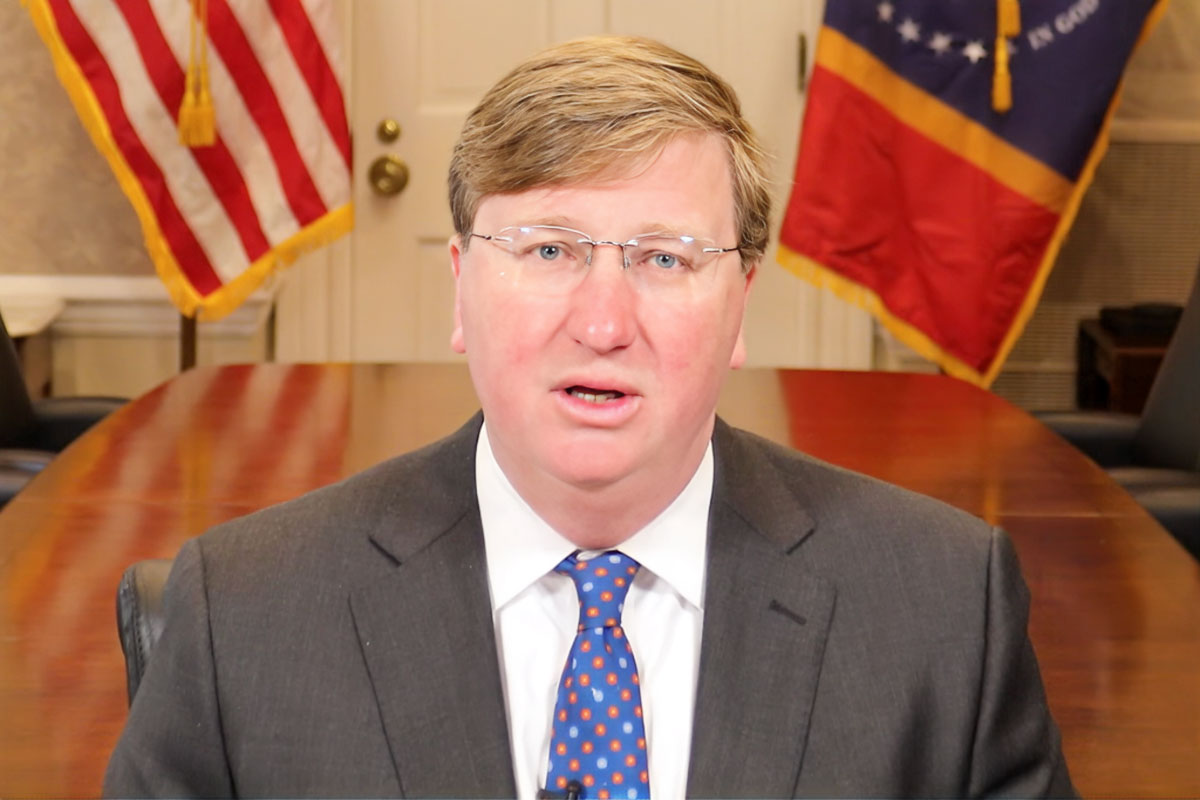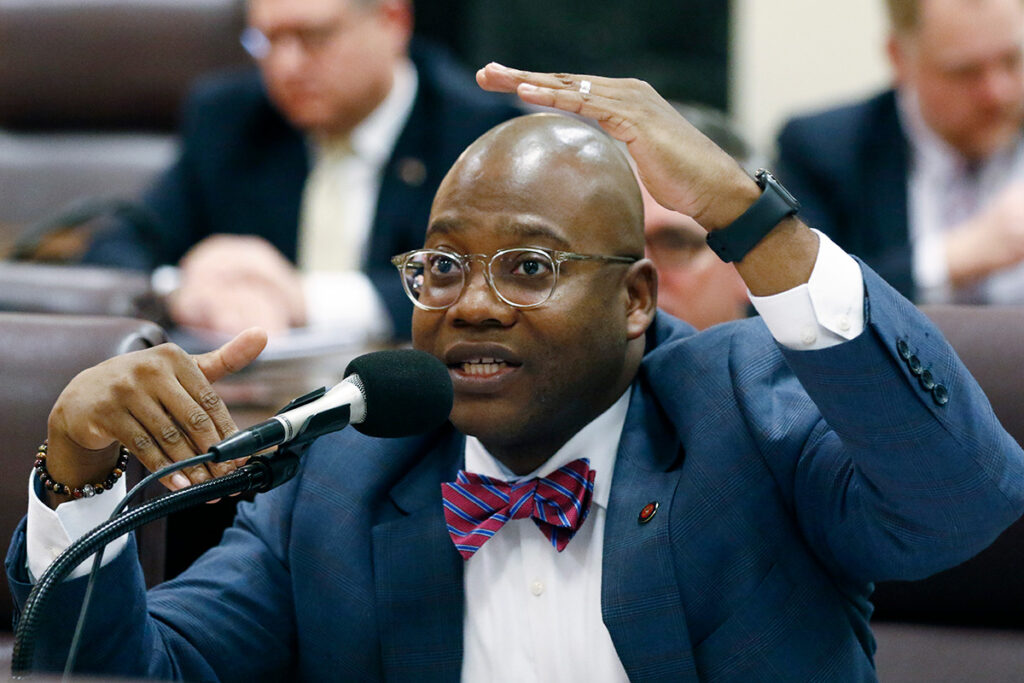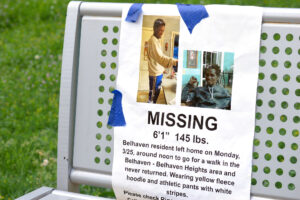Dozens of struggling Mississippi hospitals could soon receive $103 million in grant awards that could help keep them afloat if Gov. Tate Reeves signs Senate Bill 2372 and House Bill 271 into law after the Legislature sent both bills to his desk this week. The bills would grant funds to hospitals based on size, services, and location.
S.B. 2372 creates Mississippi Hospital Sustainability Grant Program, while H.B. 271 is the appropriation bill that funds it. The Republican governor expressed skepticism about such legislation in January, but Republican leaders in the Legislature nevertheless advanced the proposals.
“We try to give weight to hospitals that are more rural because they are the ones that have truly been impacted,” Sen. Kevin Blackwell, R-Southaven, said while introducing the conference report on S.B. 2372.

The legislation provides $700,000 to the Mississippi Department of Health to administer the funds and excludes U.S. Department of Veterans Affairs hospitals and the Mississippi Department of Mental Health hospitals.
Under the proposal, 30 hospitals in the state with more than 100 beds will receive $1 million each; 21 hospitals with less than 100 beds operating an emergency room will get $625,000 each; and more than 40 rural hospitals that have less than 50 beds and operate emergency rooms will receive $250,000 add-on each. The 108 hospitals the legislation covers cumulatively have 10,998 licensed beds. MSDH will distribute any remaining funds after those specific allocations, which are based on about $2,000 per bed.
S.B. 2372 says the goal for the funding is to “strengthen, improve, and preserve access to Mississippi hospital care services for all Mississippians, as well as to recognize the challenges incurred by Mississippi hospitals as a result of the COVID-19 pandemic.”
But even before COVID-19, rural hospitals in the state were struggling. At least 28 could be in danger of closing, the Pittsburgh, Pa.-based Center For Healthcare Quality and Payment Reform found in a January study.
Democrats Urge Medicaid Expansion
On the Senate floor Monday, Sen. David Blount, D-Jackson, said the Legislature could do more to help rural hospitals by accepting over $1 billion in annual federal funds to expand Medicaid, which could bring health coverage to as many as 300,000 working Mississippians. It could also relieve burdens on rural hospitals that must provide care for uninsured patients who cannot pay for services.
“The choice you’re making with this legislation is you can put a hundred million in this fund and have a hundred million dollars,” Blount said. “Or you can put a hundred million dollars in this fund to call for Medicaid expansion and have a billion dollars. Where should you put your hundred million?”
Democratic North Carolina Gov. Roy Cooper signed Medicaid expansion the same afternoon, making his the 40th state to guarantee Medicaid coverage average for poor families who make up to 138% of the poverty line or $20,000 for an individual. State officials there project that 600,000 North Carolinas could gain coverage.

Mississippi is among 10 states that have not relented in their refusal to accept billions in federal Medicaid expansion funds from former President Barack Obama’s Patient Protection and Affordable Care Act over the past decade.
“We wouldn’t be doing our job if we didn’t say, once again, that the most important thing that Mississippi can do to help our hospitals is to expand Medicaid under the Affordable Care Act,” Blount told his colleagues Monday. “Less than 30 minutes ago, the governor of North Carolina in a state with a Republican House and a Republican Senate signed legislation to expand Medicaid in red North Carolina.”
The Hospital Grant Program puts “a bandaid on a situation in this state that needs surgery,” Sen. Derrick Simmons, the Democratic Senate minority leader, told colleagues on the Senate floor Monday.
Medicaid Expansion Alone May Not Save Hospitals
Gov. Tate Reeves restated his long-held opposition to Medicaid expansion in a March 16 statement. “I’ve been against Medicaid expansion since it was first proposed by Barack Obama. I still am. And, as what many would call the leading advocate fighting against Obamacare expansion, I have plenty of scars to show for it,” he said.
Since 2012, multiple studies have found that expanding Medicaid could not only increase coverage in Mississippi but could also boost the economy and create jobs. A 2018 study between the Louisiana Department of Health and Louisiana State University found that expanding Medicaid there in 2016 had generated about $1.85 billion in direct economic impact for the State, saved Louisiana $317 million, and created 19,000 jobs while covering 471,115 previously uninsured residents.

Despite representing less than a quarter of the country, states that refused to expand Medicaid accounted for 74% of all rural hospital closures between 2010 and 2021, an American Hospital Association report found last year.
But Center For Healthcare Quality and Payment Reform CEO Harold Miller told the Mississippi Free Press in February that rural hospitals face other issues.
“Based on what has happened in other places where Medicaid has been expanded, the small rural hospitals in those states benefited slightly, but it didn’t change the picture for them,” he said. “The reason is very simple. Because most of the problems they are facing are not due to uninsured patients; it’s due to underpayments by commercial insurers and even by Medicare.”
“A temporary grant that may have pushed back the day of reckoning somewhat is not necessarily an indication that things are going well,” he added.
Gov. Reeves’ Position on Hospital Grants Unclear
It is unclear if Gov Tate Reeves will sign S.B. 2372 and H.B. 271. He described such funding as a “slippery slope” when responding to questions by the Mississippi Free Press at a January press conference.
“I would just caution everyone; unless the Mississippi Legislature wants to invest and run hospitals in every community across Mississippi, it’s a very slippery slope as to how big the check is that they want to write because keeping inefficient systems is not a good answer,” he said.
He called for reform to Mississippi’s certificate-of-needs laws, which require health care providers to obtain permission before they open or expand their services, and said population decline in some parts of the state affects hospital performance.
“But I would submit to you that if we quit telling those potential competitors that they can’t open, then we would find ourselves in a market that worked far better,” Reeves said.










